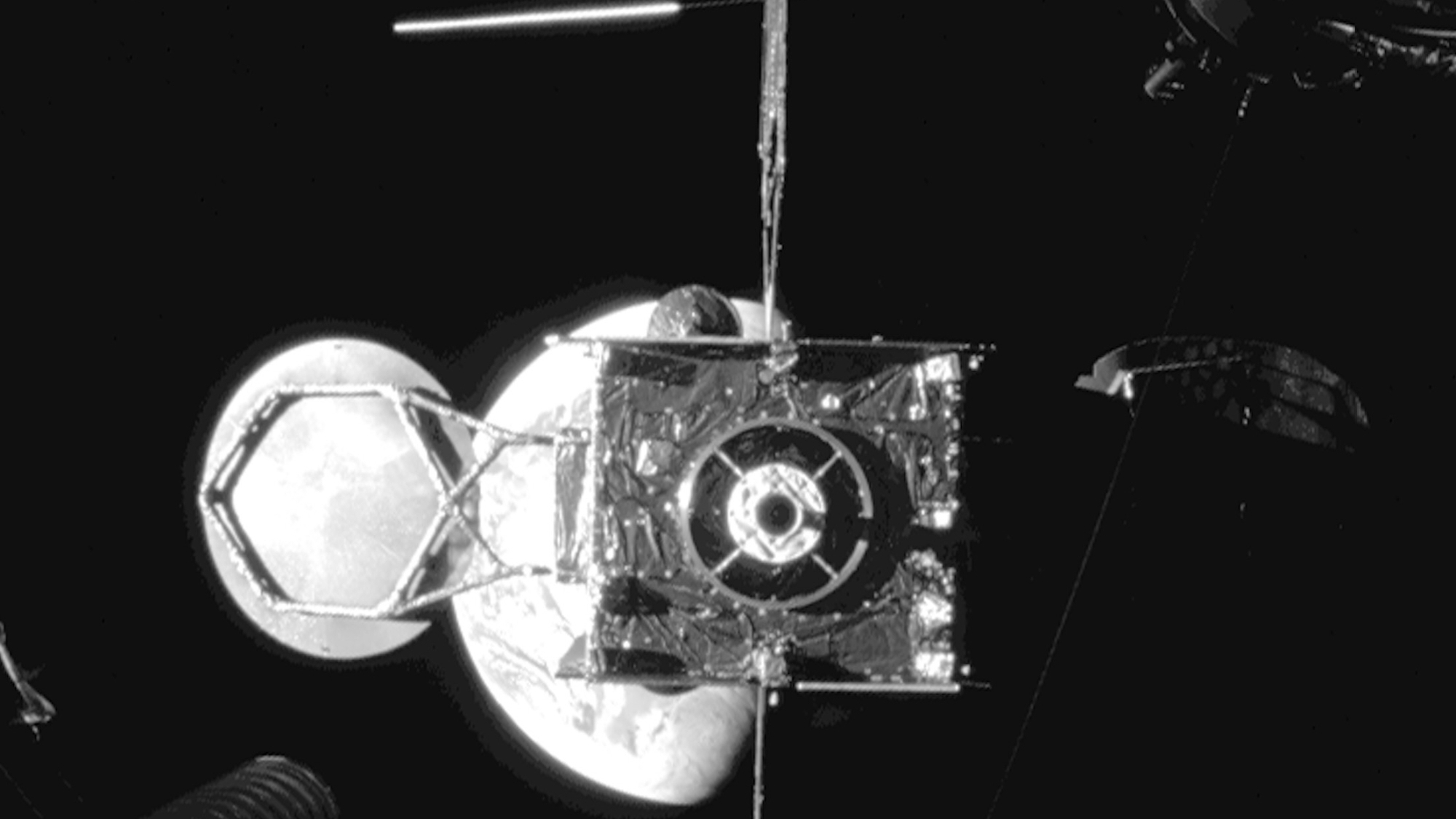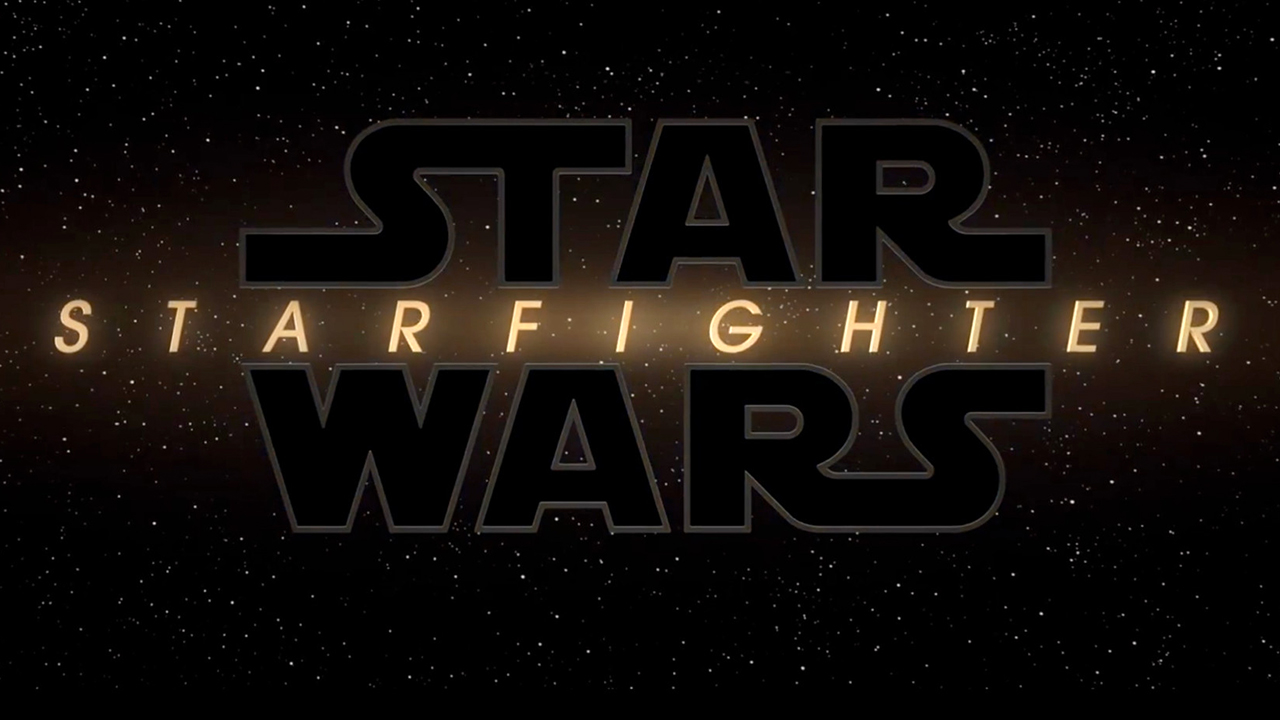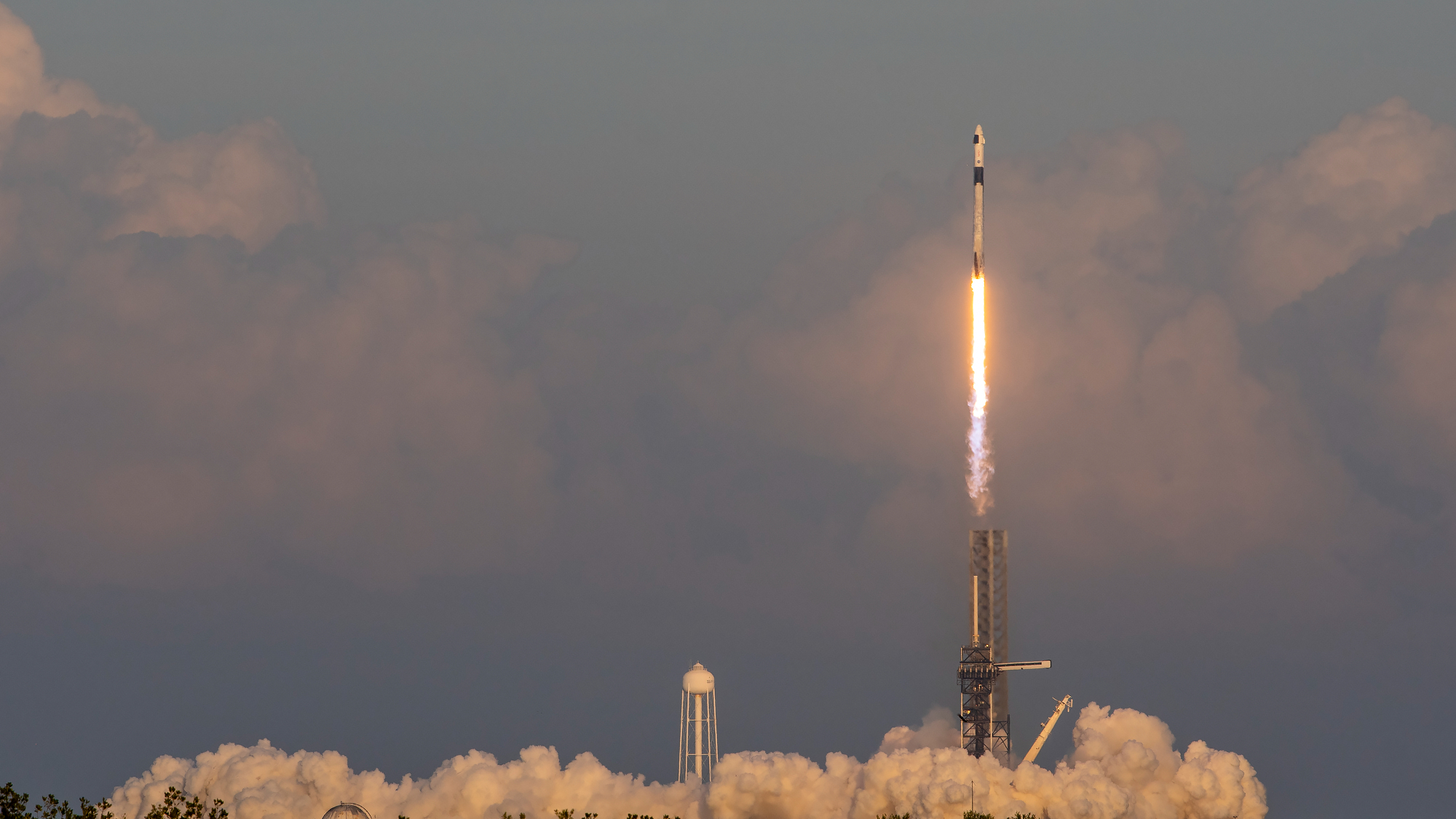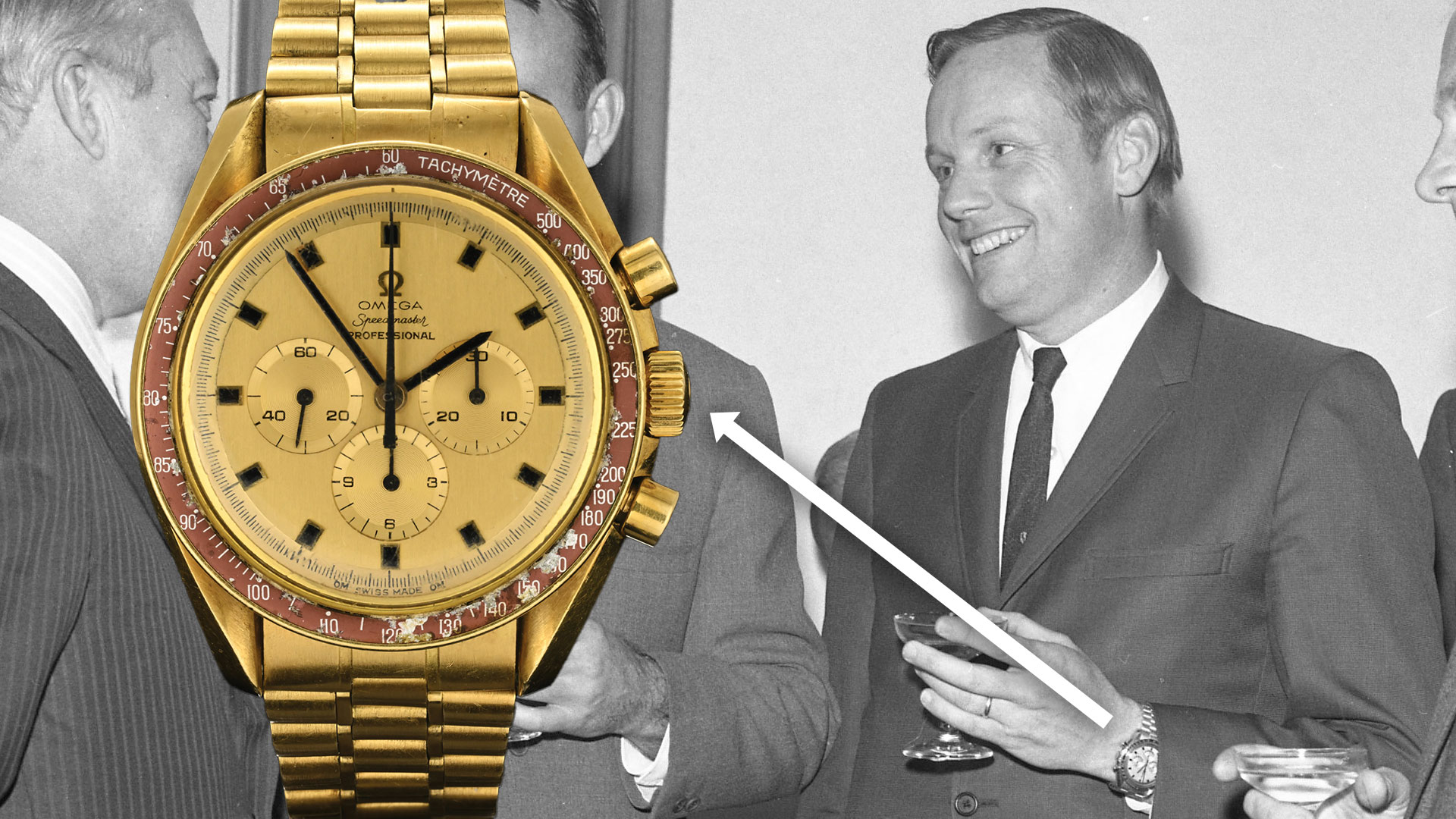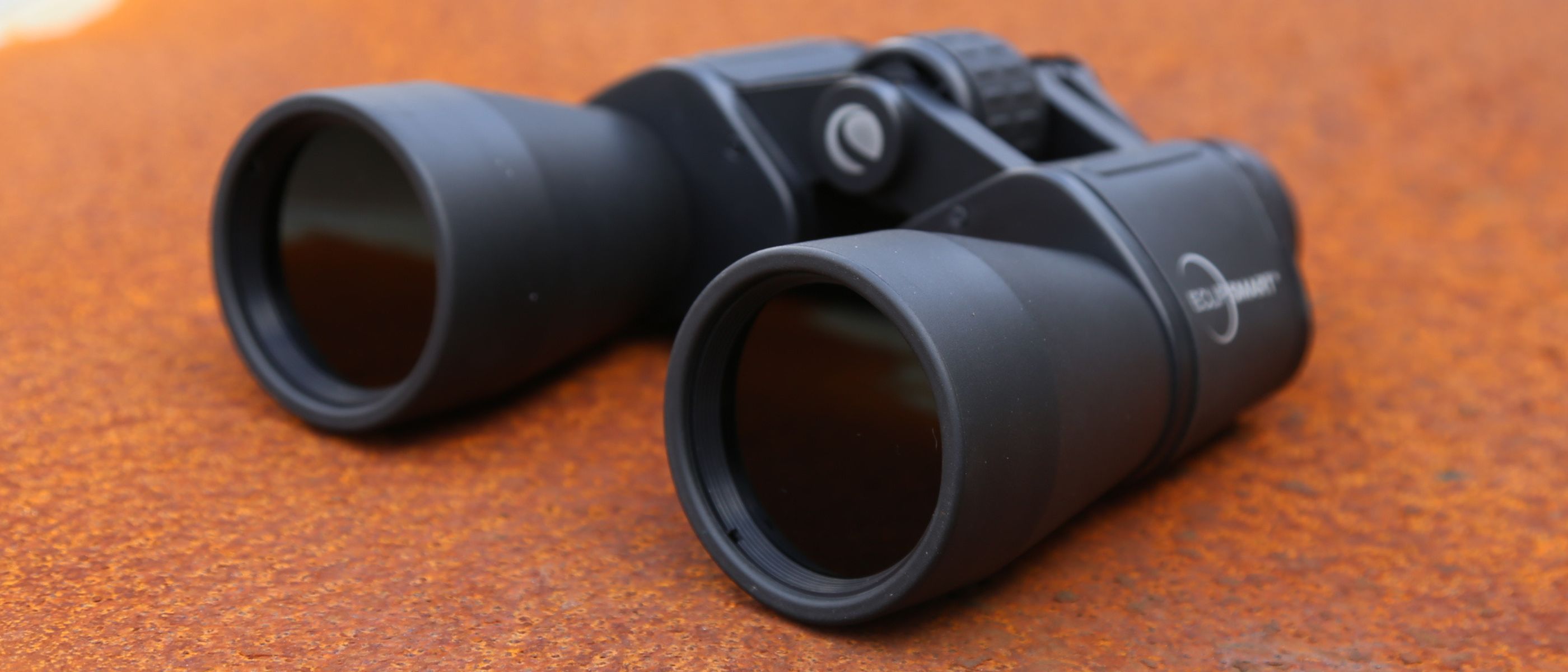Policy or Politics? NASA Accused of Intimidating Climatologist
NASA is battling accusations that it tried to stifle its top climatologist, a man well known for speaking his mind about the causes and consequences of global warming.
James E. Hansen, the director of the New York-based Goddard Institute for Space Studies (GISS), and several of his NASA associates contend that political appointees at the agency's headquarters here have demanded to review his lectures and papers in advance, and have senior agency managers stand in for him in interviews with journalists. Hansen said in a Feb. 2 interview with Space News that the restrictions were imposed following a speech he gave at the American Geophysical Union's annual meeting in early December.
During that speech, Hansen said that the growth in greenhouse gas emissions needed to be halted by 2025 in order to avoid a "grim scenario" involving a shrinking arctic and rising sea levels. Hansen's speech attracted widespread media attention and was excerpted by the International Herald Tribune and The New York Review of Books as commentaries.
Hansen's most recent concerns were reported in an article published by The New York Times Nov. 29. The New York Times story prompted House Science Committee Chairman Sherwood Boehlert (R-NY) to write NASA Administrator Mike Griffin the following business day demanding an explanation.
"NASA is clearly doing something wrong, given the sense of intimidation felt by Dr. Hansen and others who work with him," Boehlert wrote. "Even if this sense is a result of a misinterpretation of NASA policies - and more seems to be at play here - the problem still must be corrected."
The House Science Committee's senior Democrat, Rep. Bart Gordon (Tenn.), sent Griffin a similar letter.
Dean Acosta, NASA deputy assistant administrator for public affairs, said the agency has imposed no new restrictions on Hansen, but only contacted the Goddard Institute to remind public affairs personnel there that media interviews needed to be coordinated with headquarters. Acosta said in a Feb. 2 interview the event that prompted headquarters staff to contact Hansen's institute was not the American Geophysical Union speech, but an ABC News story quoting Hansen that caught the agency by surprise when it ran in mid-December.
Get the Space.com Newsletter
Breaking space news, the latest updates on rocket launches, skywatching events and more!
"NASA is committed to open and full communications," Acosta said. "Our policy - which is similar to that of any other federal agency, corporation or news organization - is that any NASA employee speaking on the record, issuing a press release or posting information on our Web site, must coordinate such activities with the Office of Public Affairs. No exceptions.
"It's not saying you have to get approval," Acosta added. "It's just saying you have to coordinate to make sure we are not stepping all over ourselves."
"That's a partial backing off of what they were demanding," Hansen said in a Feb. 2 telephone interview with Space News. Hansen said NASA headquarters public affairs officials did not contact him directly, but spoke to the Goddard Institute's communications liaison, Leslie McCarthy.
Also contacted by headquarters public affairs around the same time was Mark Hess, the public affairs chief at NASA's Goddard Space Flight Center. The Greenbelt, Md.-based field center oversees Hansen's New York-based institute.
In a Dec. 19 e-mail to Hansen's Goddard-based supervisors, Franco Einaudi and Laurie Leshin, Hess referenced separate conversations he and McCarthy had with Acosta and NASA Assistant Administrator for Public Affairs David Mould concerning the ABC News story and the release of Hansen's annual global temperature analysis, which showed that 2005 was the hottest year since records started being kept in the late 1800s.
"Leslie is putting together a note which recaps what HQs [sic] has directed (not asked) us to do with regard to 'monitoring' the work of [the Goddard Institute for Space Studies] and Dr. Hansen in particular," Hess wrote. "I think we need to discuss this with you because I don't feel that in some instances, some of what they are asking us to do falls into the [Goddard Space Flight Center] to [Science Mission Directorate] reporting chain, not public affairs (e.g. they are asking we keep track of his schedule, his speaking engagements, his media interviews, all the science papers being submitted from GISS, all the content on the GISS Web site, etc., etc.)"
The next day, Hess sent Acosta and Mould an e-mail summarizing the "PAO procedures" that Hess and McCarthy planned to go over with Hansen per Acosta and Mould's directions.
Among these procedures, according to Hess's e-mail, were forwarding interview requests for Goddard Institute employees to headquarters public affairs where NASA Associate Administrator for Science Mary Cleave and her deputy Colleen Hartman would be given "right of first refusal on all interview requests."
Acosta said that neither he nor Mould received a copy of that e-mail when it was sent, but that he has since been provided with a copy.
Now that he has seen it, Acosta said it is "pretty consistent" with NASA's public affairs policy, except, he said, where it talks about giving Cleave and Hartman the right of first refusal on interview requests.
"When you get into [the part about] Mary Cleave and Colleen Hartman, obviously Jim Hansen is under their organization," Acosta said. "The mission directorate leadership certainly has the prerogative to designate who they feel are the appropriate spokespeople on a subject matter."
Hansen said he was not averse to letting headquarters know when he has an interview coming up, or even letting others such as Cleave and Hartman do the interview about broader NASA science issues.
"That would be very reasonable except when someone knows they want to talk to me," Hansen said. "Unless they don't trust me as a spokesman to speak to the media, then they should tell me. But what is it they don't like about me? That I don't know what I'm talking about? That I'm not a good scientist?"
David Goldston, the House Science Committee's staff director, said Feb. 2 that NASA had been cooperating with Boehlert's inquiry, but that more work remained.
"We're still trying to get to the bottom of what's going on. We certainly do not think this is something Mike Griffin was trying to impose, but we do think something is amiss and it's not solely a matter of Jim Hansen resisting reasonable bureaucratic procedures."
Acosta, for his part, suggested that the current controversy boils down to Hansen not wanting to comply with established public affairs policy.
"I think it is clearly that somebody doesn't agree with the policy in place," Acosta said.
Acosta also said that Hansen has clashed with NASA's public affairs procedures before then claimed that he was being asked to abide by more restrictions than other agency employees. "This is the same scenario that has come from him for the past 20 years," Acosta said.
Hansen gave a speech at the University of Iowa in October 2004 in which he said government scientists were being prevented from speaking freely on global warming and that he intended to vote for President George W. Bush's Democratic challenger, Sen. John Kerry (Mass.). When NASA officials discouraged him from making the speech, Hansen told his story to reporters then traveled to the Iowa engagement at his own expense.
Hansen, who described himself as "a middle-of-the-road conservative," told Space News he did not regret telling the Iowa audience who he intended to vote for. "I actually said if he were on the ballot I would prefer to vote for [Arizona Republican] John McCain, but then I rationalized [backing Kerry] on the climate issue and said we have to take stronger action," Hansen said.
Hansen said he sees himself first and foremost as a scientist and has no desire to trade the life of the quantitative researcher for that of the activist.
"I have no intention of being a Steve Schneider-type person who spends his time talking about climate impact or climate policy," Hansen said. Schneider is the often-quoted Stanford University climate scientist who achieved notoriety for telling Discover magazine in a 1989 interview that climatologists wanting to get their point across to an indifferent public needed "to offer up scary scenarios, make simplified, dramatic statements, and make little mention of any doubts we might have" about the causes and consequences of global warming.
Hansen said that as the director of one of the United States' three premiere climate-modeling centers, he has an obligation to speak out about what the data say about globally warming.
"The NASA mission statement says 'to understand and protect our home planet'," Hansen said. "If I didn't speak out on this issue I wouldn't be doing my job."
Join our Space Forums to keep talking space on the latest missions, night sky and more! And if you have a news tip, correction or comment, let us know at: community@space.com.
Brian Berger is the Editor-in-Chief of SpaceNews, a bi-weekly space industry news magazine, and SpaceNews.com. He joined SpaceNews covering NASA in 1998 and was named Senior Staff Writer in 2004 before becoming Deputy Editor in 2008. Brian's reporting on NASA's 2003 Columbia space shuttle accident and received the Communications Award from the National Space Club Huntsville Chapter in 2019. Brian received a bachelor's degree in magazine production and editing from Ohio University's E.W. Scripps School of Journalism.




